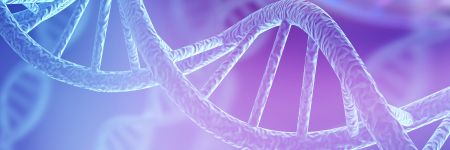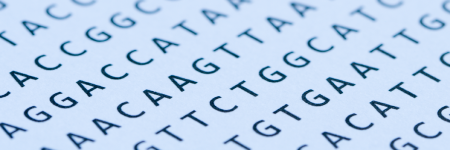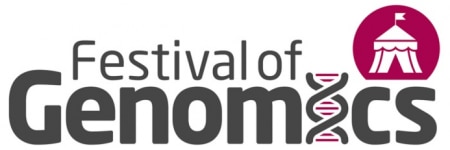Blog articles

Motor neurone disease: Could gene therapies be the answer?
New clinical studies hope to use genomics to improve treatment of and even find a cure for motor neurone disease

Haemophilia: Have we found a cure?
A new gene therapy for treating this rare condition has shown success at clinical trial

PPP rare diseases report: Five things we learned
We round up the key genomics points from the latest Public Policy Projects report

NICE approves world-first MLD therapy
We explore a new gene therapy for a rare, fatal condition that affects young children

Lupus and the genome
A groundbreaking study has shed light on how some people may inherit autoimmune conditions

Inversions explained
We dive into inversions, how they impact on health and what new research has revealed about their role in the genome

Repeat after me: what are repeat expansion disorders?
We learn how repeating sequences in our DNA can impact on health and how genome sequencing can make a diagnostic difference
News articles

Genomics course for nurses and midwives: funded places now available
Nurses and midwives keen to learn about genomics can apply to join this popular introductory course delivered online by the University of the West of England

GeNotes featured in The Times
Our upcoming ‘just-in-time' educational resource hits the news on Rare Disease Day
Events

Festival of Genomics 2023
The Festival of Genomics London is the UK’s largest genomics event where people from all corners of the genomics industry meet to learn and share expertise.

Royal College of Midwives Annual Conference 2022
The 2022 RCM annual conference is a UK-wide annual event for all midwives and professionals with an interest in maternity services.

Royal College of General Practitioners Annual Conference 2022
The RCGP annual conference is the leading annual event for GPs, practice teams and other primary care professionals.


